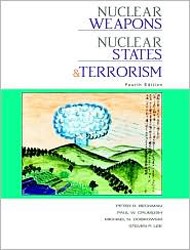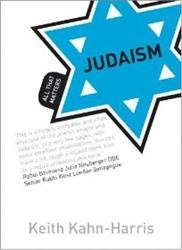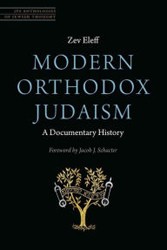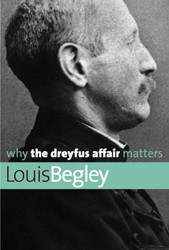This unconventional book-length essay, filled with chutzpah, wisdom, humor, and common sense, posits a stunning thesis about the Jewish experience across time and space. The authors argue that Jewish civilization is not defined theologically or racially, but textually. They take the expression “People of the Book” both literally and figuratively. However, “the book” is not merely the Jewish Bible; nor is it the Bible plus its Talmudic aftermath. It is the “textual continuum” of transmitted written and spoken expression over the centuries. It is a heavyweight continuum of bookishness – of both religious and secular writing and reading – that distinguishes collective Jewish identity.
Not that the authors have much respect for collective notions of Judaism; they prefer a focus on Jewish individuals: endlessly radiating links between parents and children, teachers and students, writers and readers. They savor the push and pull of argument, of verbal engagement, of striving for the last word. “All functional families,” they write, “depend upon putting disagreements into words.” But especially Jewish families – and the embracing Jewish Family.
While tracing the “Jewish peculiarity” of storytelling as a “text-anchored precept,” the authors, father and daughter, provide copious historical examples and incisive glosses on those examples.
The essay has four major focal points developed in chapters titled “Continuity,” “Vocal Women,” “Time and Timelessness,” and “Each Person Has a Name; or, Do Jews Need Judaism?” Within each, there are abundant cerebral surprises, often interwoven, always passionately attentive to intellectual nuance and literary grace.
The authors have added meaningfully and joyfully to the continuum they celebrate. Readers will come away from this entrancing meditation needing to add comments of their own.
Epilogue, index of names, sources.
Related Content:
- Israeli Writers Embracing English by Ranen Omer-Sherman
Philip K. Jason is professor emeritus of English at the United States Naval Academy. A former editor of Poet Lore, he is the author or editor of twenty books, including Acts and Shadows: The Vietnam War in American Literary Culture and Don’t Wave Goodbye: The Children’s Flight from Nazi Persecution to American Freedom.





